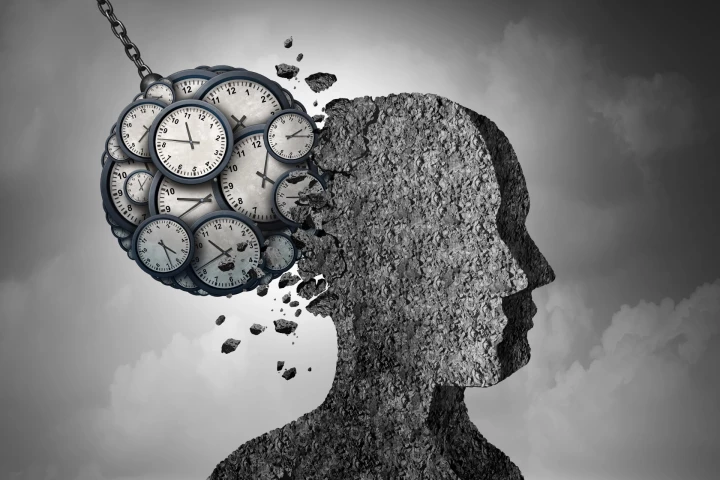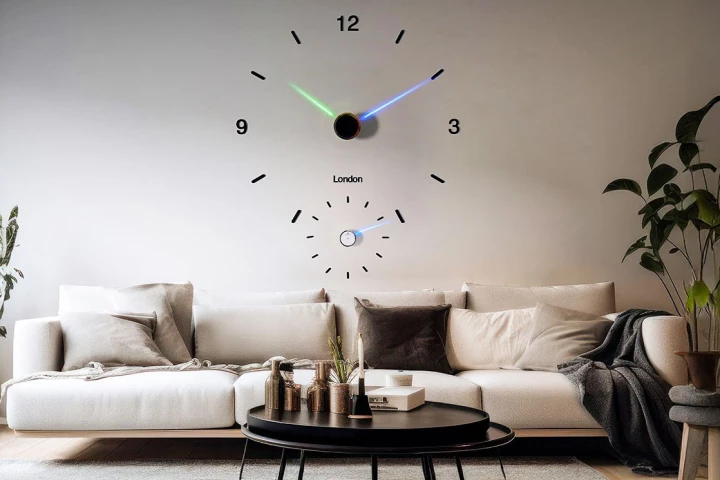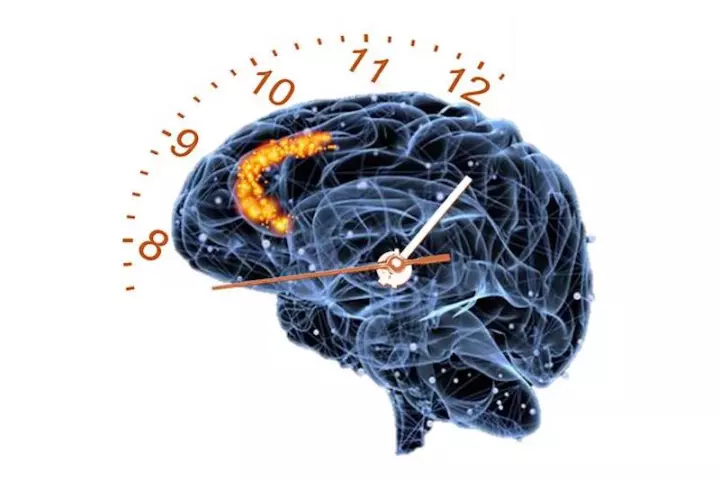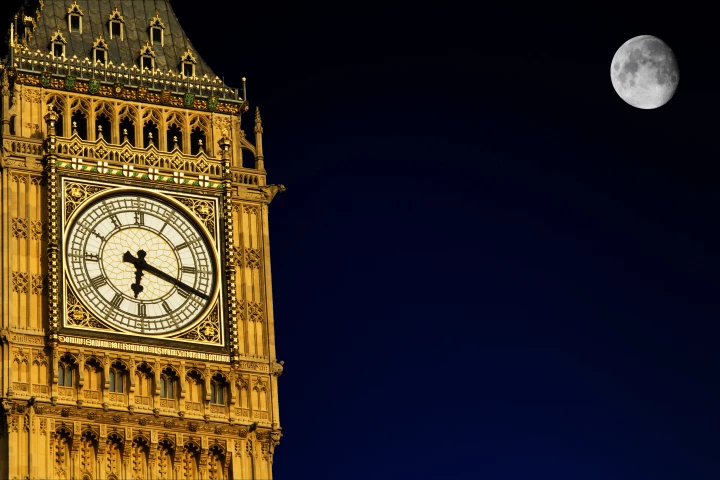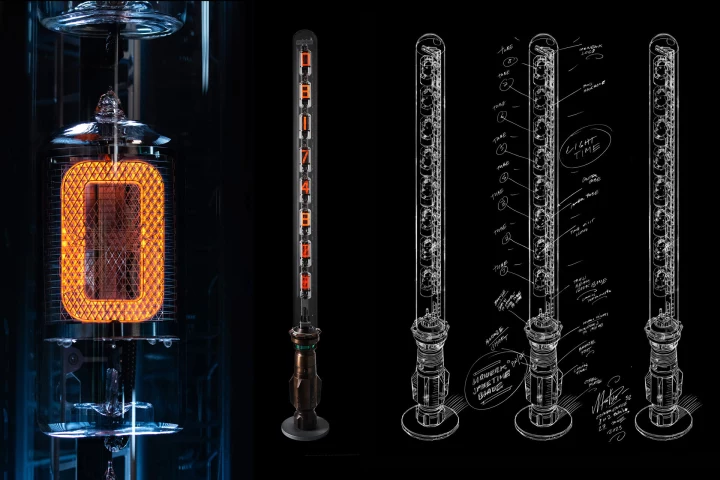Time
-
Watch this video of a working Lego clock that uses gear trains, a pendulum escapement, falling-weight power, and solar-driven rewinding to operate a multi-stage calendar and billion-year counter.
-
If you're going to Mars you'd best take along a jar of anti-aging cream because while you're there you're going to age faster than on Earth thanks to the Theory of Relativity. It's only 477 millionths of a second per day, but that tends to add up.
-
Time availability can impact the development of dementia perhaps as much as diet and exercise, according to a panel of scientists. The group says its research should cause a paradigm shift in the diagnosis and treatment of the condition.
-
If, like me, you can't go a day without making sure your watch is synced to the second, you'll be delighted to learn that a new atomic clock has broken the record with an accuracy of 5.5 x 10⁻¹⁹ – gaining or losing one second in 57.6 billion years.
-
Here's a neat gadget for a touch of functional, neon-minimalist home decor: a palm-sized smart canister device that fixes onto a wall and uses slim, moving LED beams to create giant, glowing, multicolor clocks and/or temperature gauges.
-
Atomic clocks are our most accurate timekeepers, losing only seconds across billions of years. But nuclear clocks could steal their thunder, speeding up GPS and the internet. Now, scientists have built and tested the first prototype nuclear clock.
-
If you're looking for a weird watch, you'd be hard pressed to find anything more unique than the MS1001-Ti. Currently the subject of a Kickstarter campaign, it uses two auger-like screws to tell time.
-
Time is relative – we’re all familiar with that feeling that time drags when we’re bored and flies when we’re busy. New analysis of brain activity patterns shows how our brains track time, and some intriguing insights into how cells handle it.
-
Scientists have developed the most accurate atomic clock – if you ran it for twice the current age of the universe, it would only be off by one second. This could not only improve services like GPS, but help scientists probe how gravity affects time.
-
It's no surprise that regular exercise can improve a variety of health metrics. But a new study shows that when you work out is as important as exercise itself, especially when it comes to controlling your blood sugar levels.
-
Thanks to Albert Einstein, the US Government wants to establish an official time zone for the Moon. It has less to do with jet lag and more to do with how gravity affects time and can throw a lot of very precise technologies seriously off track.
-
If you wished your lightsaber could tell you the time, Urwerk has now got your back. For around $60,000, the limited edition SpaceTime Blade clock uses good old Nixie tubes to display a quirky collection of time and astronomical measurements.
Load More


